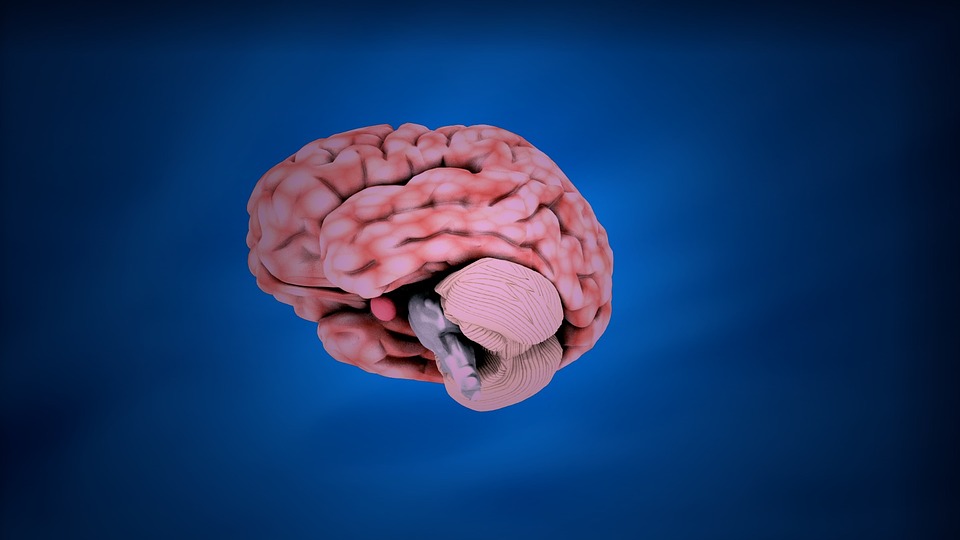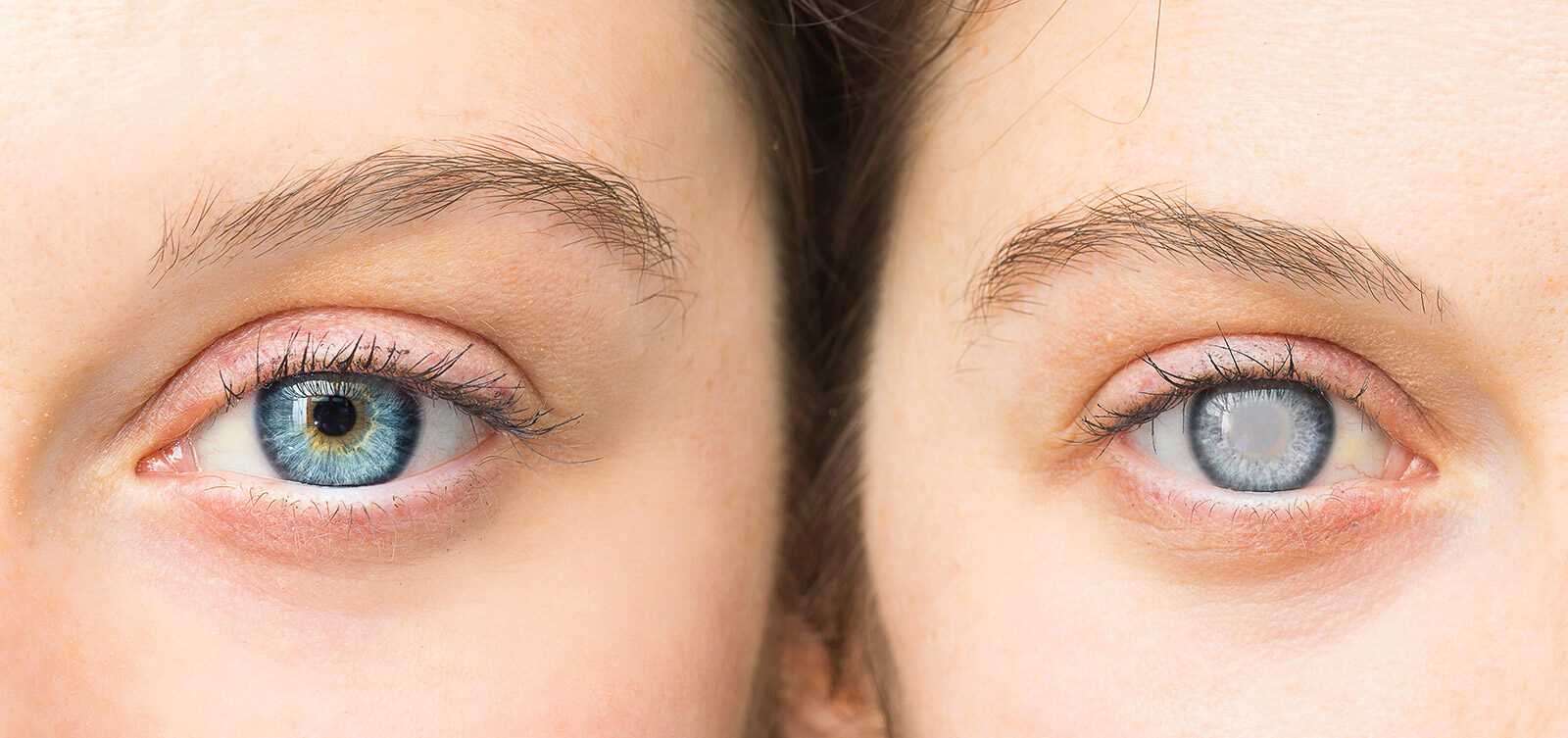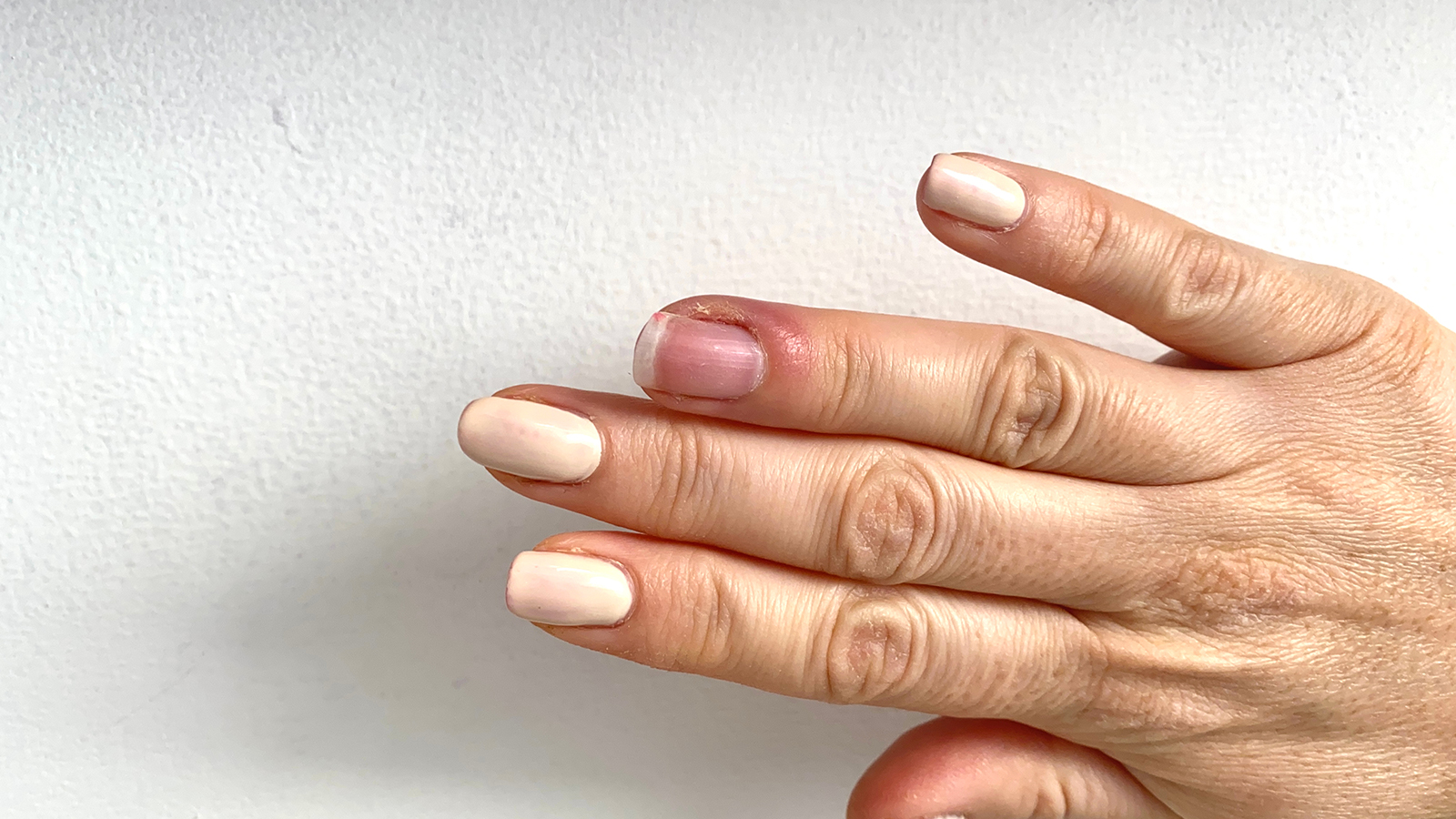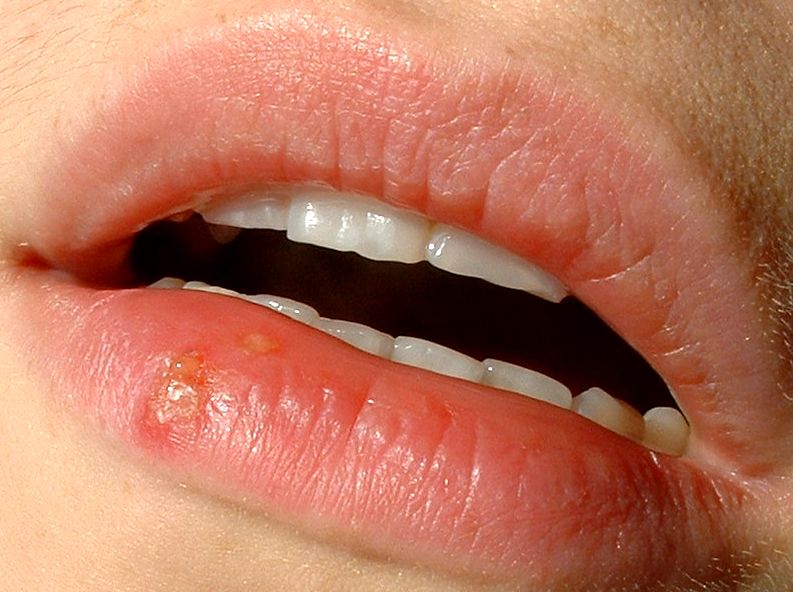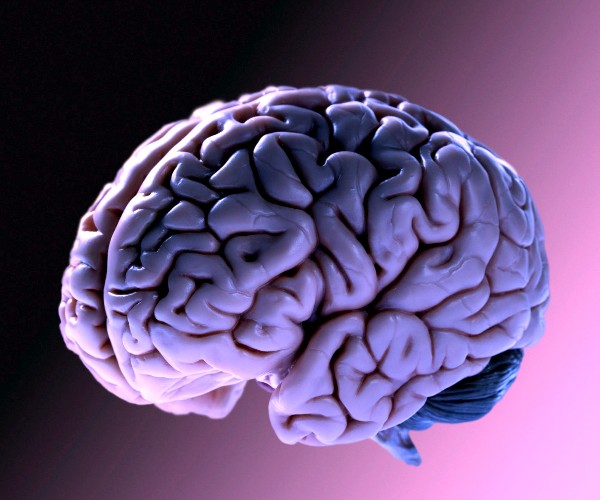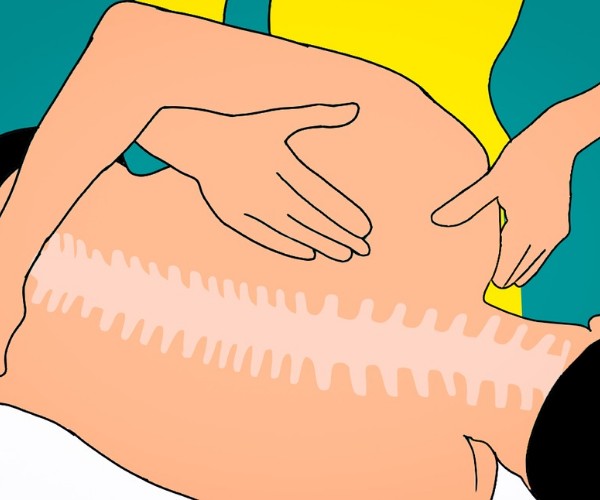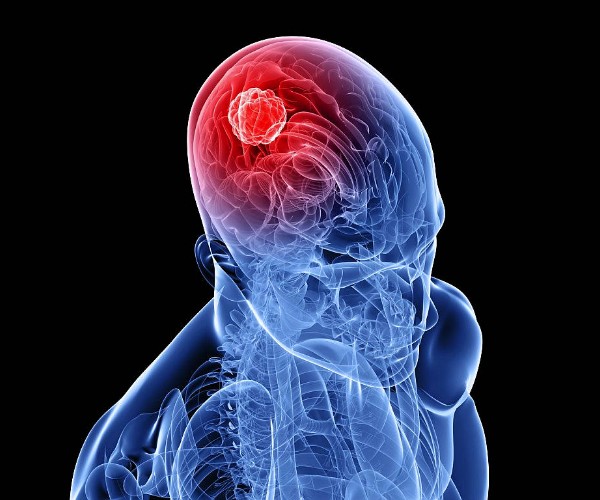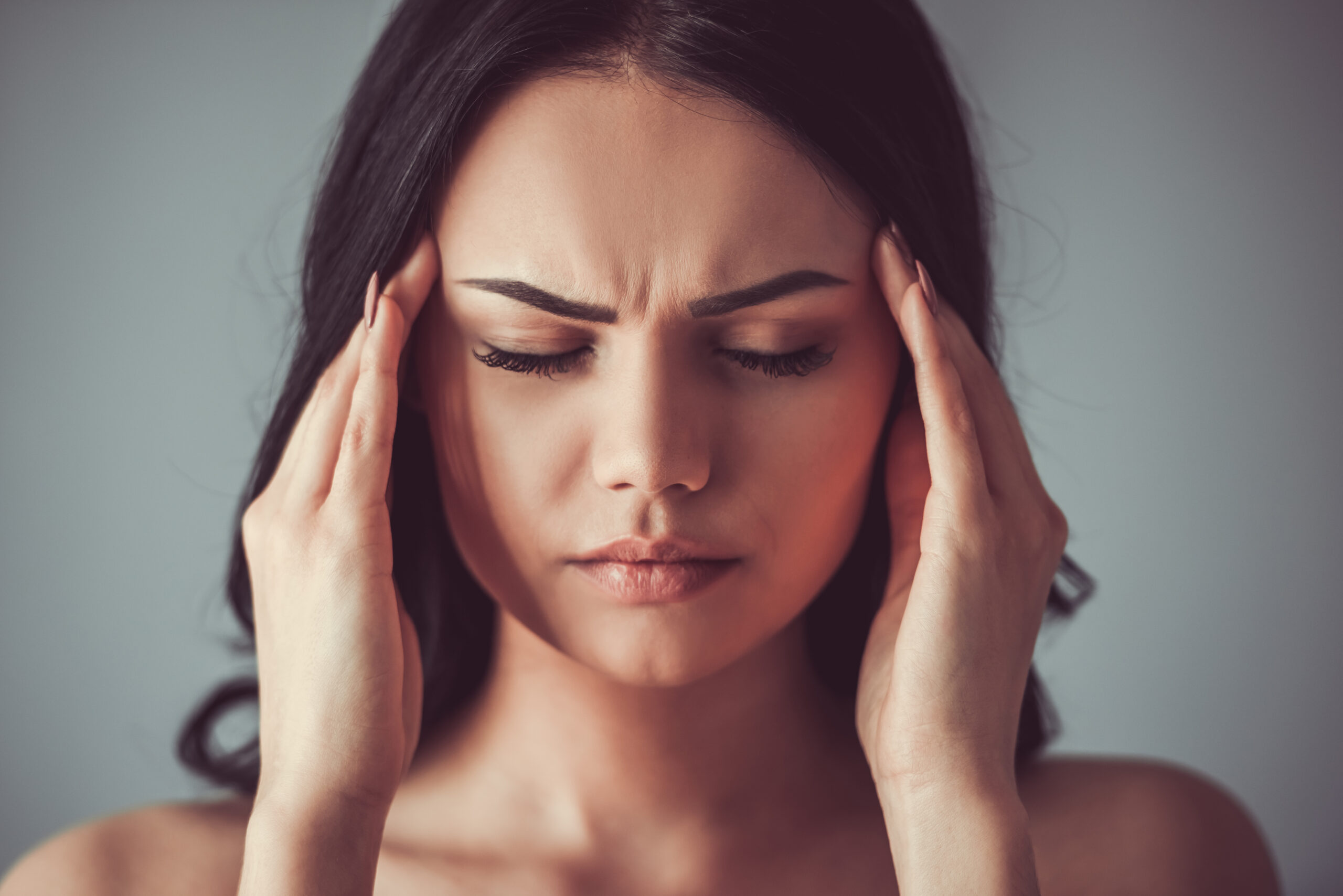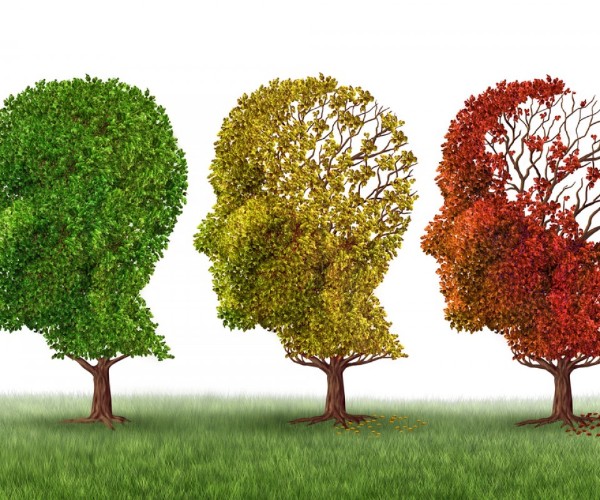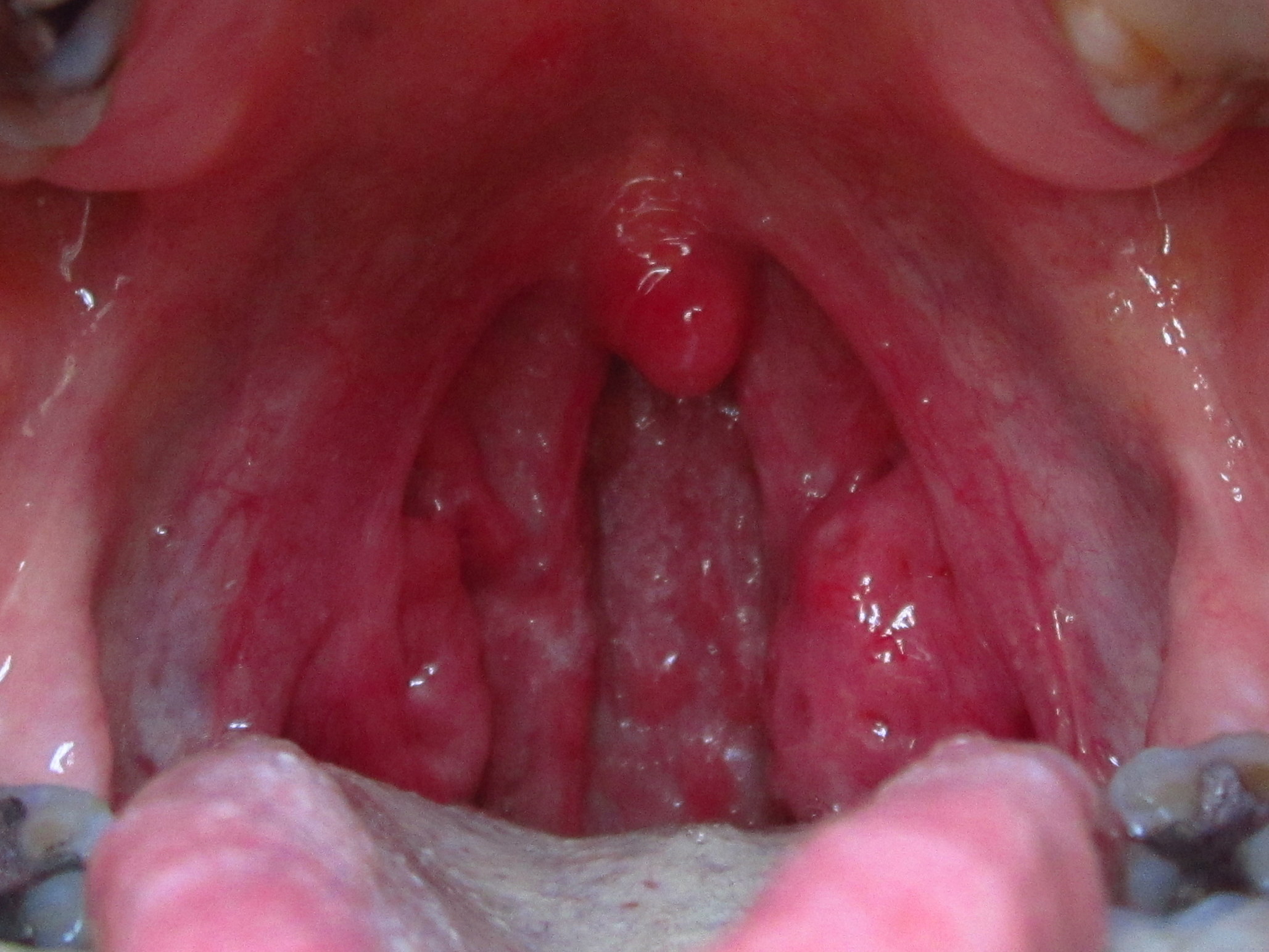Despite intense research, the causes of Alzheimer ‘s disease continue to be essentially unknown. It has long been believed that mainly two protein factors, ß-amyloid plaques and Tau protein, are involved in its onset. But not all neurologists are convinced of this, and, in any case, it remains to be understood what determines the formation of these toxic substances for brain cells and what is their exact action.
Undoubtedly, the genetic predisposition individual plays an important role in determining the extent and speed of the cognitive decline, but study after study is becoming increasingly clear about the negative contribution of various environmental factors that can interfere with brain cell function and integrity, either directly or indirectly: from substances taken in with food to pollution, from sources of oxidative stress to drugs.
Precisely with regard to the latter, a new call for attention comes from a study conducted by researchers at the University of Nottingham (UK) who investigated the impact on intellectual performance and its age-associated deterioration of anticholinergic active ingredients-a class of drugs comprising molecules used to treat countless clinical conditions and whose use is widespread among the elderly.
They are anticholinergics, e.g., amitriptyline and paroxetine (two commonly used antidepressants), some antipsychotics (quetiapine, olanzapine, chlorpromazine), first-generation antihistamines such as promethazine (used against allergies and sleep disorders), furosemide (a diuretic indicated in cases of hypertension heart failure, and other diseases associated with water retention), amantadine (for the control of Parkinson’s disease), colchicine (prescribed for acute gout attacks), and baclofen (a centrally acting muscle relaxant).
Analyzing the medical records of some 58,800 patients diagnosed with dementia and 255,600 subjects without a diagnosis of dementia (all over the age of 55 and included in British family physician registries), the researchers found a correlation between taking anticholinergic drugs such as those mentioned above and increased risk of developing Alzheimer’s disease.
Specifically, people over 55 who had been chronically using these drugs for more than three years, at the higher dosages or in the “more active” versions, had a 50 percent higher risk of dementia over the next 10 years than those who had never taken them.
Responsible for the largest increase in the risk of Alzheimer’s disease were antipsychotics (+70%), antimuscarinics used against urinary incontinence (+65%), and anti-parkinsonian drugs (+52%), while antidepressants and antiepileptics seem to have a smaller, but still not negligible impact (+30% and +40%, respectively), especially in light of the fact that no effective therapies are currently available against Alzheimer’s disease.
How then to behave? Of course, if an anticholinergic drug is absolutely necessary to treat a significant health problem it must be used. But this need needs to be evaluated with caution, opting for safer alternative therapies whenever possible and, above all, avoiding administering these drugs chronically, over several years, if the benefit obtained is modest and not such as to justify the potential risks to brain health.
Source Coupland CAC et al. Anticholinergic Drug Exposure and the Risk of Dementia: A Nested Case-Control Study. JAMA Intern Med 2019; doi:10.1001/jamainternmed.2019.0677 (https://jamanetwork.com/journals/jamainternalmedicine/fullarticle/2736353?widget=personalizedcontent&previousarticle=2736349)








